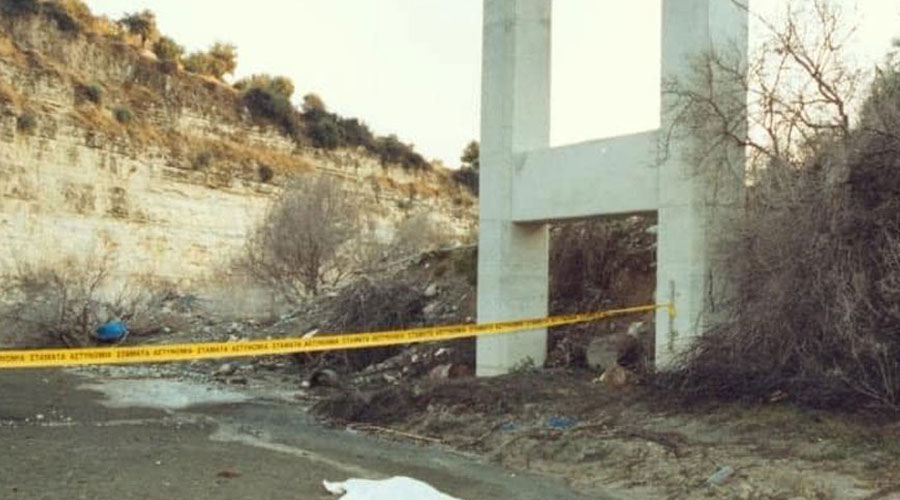
Newsroom
After a lengthy session yesterday, which spanned over five hours and included the examination of pathologist Dimitra Karagianni concerning the death of 26-year-old National Guard member Thanasis Nikolaou, today is slated for criminal investigator Savvas Matsas to testify. Notably, the Limassol Court granted Andriana Nikolaou, Thanasis' mother, the opportunity to testify as well.

Witness requests denied
Thanasis Nikolaou's family requested coroner Spanoudaki, who reviewed all forensic reports, to testify, but the court denied the request. Similarly, a plea for Lieutenant Menelaos Antoniou's retrial, based on testimony given on January 12 implicating a person in Thanasis' murder, was also dismissed.
Investigation insights
Savvas Matsas shared insights into the investigation, stating that he and colleague Alexopoulos were assigned by the attorney general to probe Thanasis' death. Despite challenges, including a colleague's departure, they diligently gathered witness testimonies, compiling a report submitted to the court.
Testimonies highlight abuse
Matsas revealed the torment Thanasis endured in the camp, describing him as a victim of persistent bullying and abuse by fellow soldiers.
New testimony emerges
Proceedings began with new testimony implicating another individual in Thanasis' murder. The family's lawyer plans to call the investigating lieutenant for further testimony.
Tensions escalate
Tensions rose during Dr. Karagianni's cross-examination, as legal representatives contested her findings. Thanasis' mother reacted strongly to suggestions by the Legal Service's lawyer, prompting the judge to intervene.
Controversial claims
Allegations surfaced regarding the pathologist's conduct, including accusations of unprofessionalism and deceit aimed at discrediting her testimony. Claims of financial motives, including a €9,000 payment by the Republic of Cyprus, added complexity to the case.
Tragic circumstances
Thanasis, an Australian architect, faced harassment from fellow National Guardsmen before his death. Despite seeking help and requesting a transfer, he was found dead under the Alassa bridge. Initial findings suggested suicide.
Legal battles and exhumation
After legal battles, including an appeal to the European Court of Human Rights, Thanasis' family secured permission to exhume his remains. New forensic analysis from Greece concluded that he died from strangulation, challenging previous assertions of suicide.
 The ongoing legal proceedings underscore the pursuit of justice and accountability in the wake of troubling revelations of abuse and negligence within the National Guard.
The ongoing legal proceedings underscore the pursuit of justice and accountability in the wake of troubling revelations of abuse and negligence within the National Guard.
[With information sourced from CNA]































